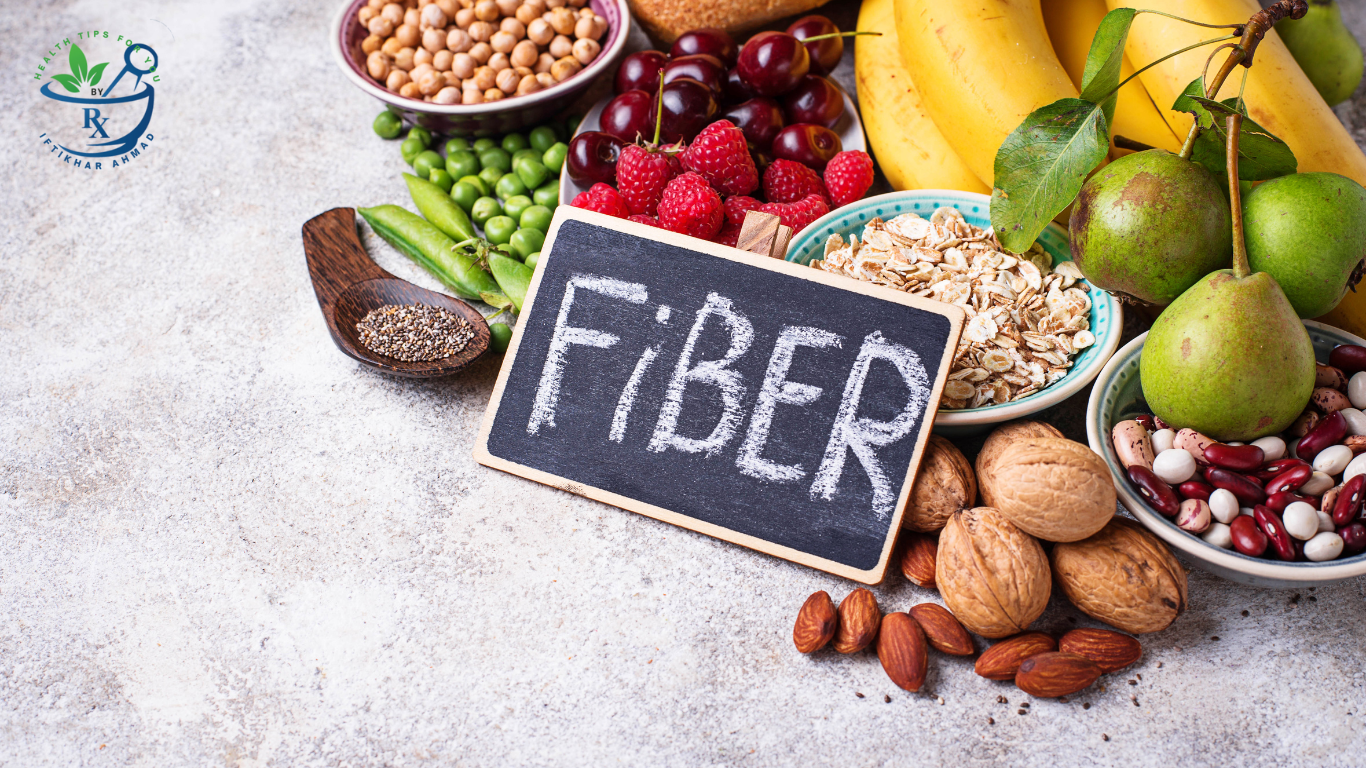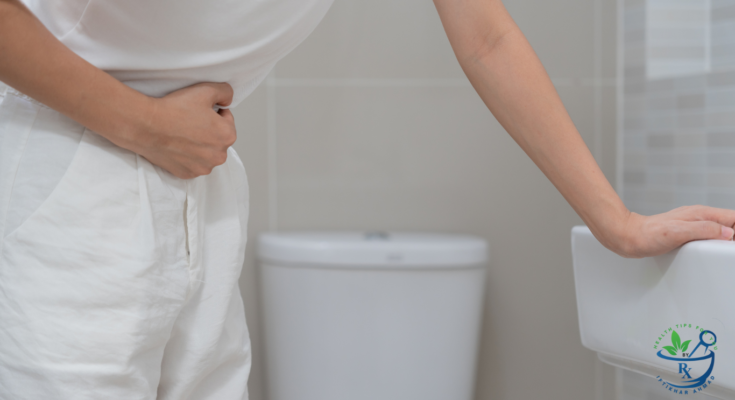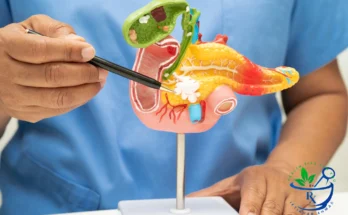Managing constipation during periods can be a bothersome issue that affects many women, causing discomfort and inconvenience. As healthcare professionals, it’s essential to provide guidance on understanding the underlying causes and implementing effective strategies to manage and alleviate constipation during periods. Let’s explore into the hormonal fluctuations, dietary factors, lifestyle choices and additional considerations that influence constipation during menstruation offering practical tips for prevention and relief.
Hormonal Fluctuations:
Hormonal changes, particularly fluctuations in progesterone and estrogen levels play a significant role in the development of constipation during menstruation. Progesterone known for its muscle-relaxing properties, can lead to sluggish bowel movements by slowing down the contractions of the intestines, making it challenging to pass stool. Similarly, estrogen receptors present in the gastrointestinal tract can influence muscle tone and contractility impacting bowel regularity. By comprehensively understanding these hormonal changes, healthcare professionals can tailor management strategies to address constipation effectively during periods.
Dealing with the Pre-Menstrual Phase:
The pre-menstrual phase, characterized by increased progesterone production often coincides with bowel movement irregularities contributing to constipation. Women experiencing constipation during this phase may benefit from dietary modifications such as increasing fiber intake to promote regularity, prioritizing hydration to soften stools and engaging in gentle exercises to stimulate bowel motility. By implementing these strategies women can alleviate constipation and enhance their overall comfort during the pre-menstrual phase.
Exploring the Impact on Your Gut:

Estrogen, a pivotal reproductive hormone exerts profound effects on the gastrointestinal system, influencing muscle tone and contractility in the intestines. Elevated estrogen levels can disrupt normal bowel function leading to constipation during menstruation. Healthcare professionals must recognize the intricate interplay between estrogen levels and gastrointestinal function to devise tailored approaches for managing constipation effectively and supporting digestive health.
Considering Other Health Conditions For Managing Constipation During Periods:
In addition to hormonal fluctuations, underlying health conditions such as irritable bowel syndrome (IBS) or endometriosis can exacerbate constipation during menstruation. Women with these conditions may experience heightened gastrointestinal symptoms during their periods, necessitating personalized management approaches. Healthcare professionals must conduct thorough assessments to identify and address any underlying health conditions contributing to constipation, thereby improving overall quality of life for affected individuals.
Tips for Managing Constipation During Periods:
Incorporate More Fiber into Your Diet:

Dietary fiber have a key role in promoting bowel regularity which leads to prevent constipation. Women should aim to incorporate fiber-rich foods including fruits, vegetables, whole grains and legumes into their daily diet. Additionally, consuming adequate water alongside fiber-rich foods is essential for optimal digestive function and the prevention of constipation during menstruation.
Stay Active For Managing Constipation During Periods:

Regular physical activity is beneficial for stimulating bowel motility and alleviating constipation during periods. Engaging in moderate exercises such as walking, cycling or yoga promotes blood flow to the gastrointestinal tract and improves overall digestive health. By incorporating regular exercise into their routine, women can mitigate menstrual discomfort and promote overall well-being.
Maintain a Balanced Diet:
Adopting a balanced and nutritious diet is essential for preventing constipation and supporting digestive health during menstruation. Women should avoid excessive consumption of processed foods, refined sugars and unhealthy fats as these can impair gastrointestinal function and increase the risk of constipation. Instead, focus on consuming whole foods rich in vitamins, minerals and fiber to promote optimal digestion.
Explore Herbal Remedies For Managing Constipation During Periods:
Herbal remedies such as peppermint, fennel, ginger and dandelion tea possess properties that can help alleviate constipation and promote digestive health during menstruation. These natural remedies stimulate bowel motility and provide relief from gastrointestinal discomfort. However, it is important to consult with a healthcare professional before using herbal remedies, especially if you have underlying health conditions or are taking medications.
Prioritize Hydration:

Keeping adequate hydration is important for preventing constipation which support overall digestive health during menstruation. Women should intake at least daily eight glasses of water, with increased fluid intake during menstruation to prevent dehydration and alleviate constipation. Adequate hydration results in soften of the stools and promotes regular bowel movements.
Manage Stress For Managing Constipation During Periods:

Stress can worsen gastrointestinal symptoms and leads to constipation during menstruation. Implementing stress-reduction techniques such as deep breathing exercises, meditation and mindfulness can help relax the body and promote healthy digestion. Prioritizing self-care and incorporating relaxation strategies into daily life can effectively alleviate constipation and improve overall well-being during periods.
Consider Over-the-Counter Remedies:
In some cases, during menstruation, over-the-counter laxatives or stool softeners may be necessary to relieve constipation. However, it is important to use these medications judiciously and under the guidance of a healthcare professional. Excessive use of laxatives can lead to dependency and worsen constipation over time. If constipation persists despite dietary and lifestyle modifications, consult with a healthcare professional to determine the most appropriate treatment options.
Track Your Symptoms:
Maintaining a symptom journal can help identify patterns and initiations associated with constipation during menstruation. Women should note the timing and severity of symptoms as well as any dietary or lifestyle factors that may influence bowel function. Tracking symptoms over several menstrual cycles can provide valuable insights into digestive health and guide personalized management strategies.
Conclusion:
Constipation during periods is a common problem that can significantly affects women’s quality of life. Women can effectively alleviate constipation and promote digestive health during periods by understanding the underlying causes and implementing targeted prevention and management strategies. Incorporating stress management techniques, dietary modifications, herbal remedies and regular exercise can help prevent constipation and improve overall well-being during menstruation. If constipation persists or worsens, despite these interventions, consulting with a healthcare professional for further evaluation and management is recommended. With self care and attention, women can enjoy most well-being and comfort throughout their menstrual cycles.






One Comment on “Managing Constipation During Periods”